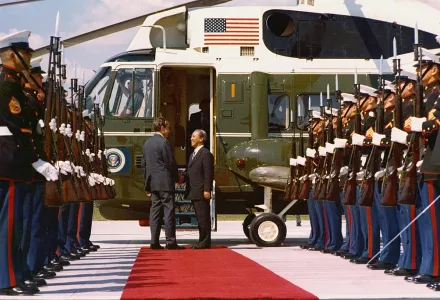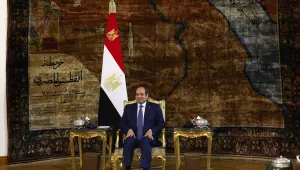Speaker: Jacqueline L. Hazelton, Associate, International Security Program
When Western powers insist on good governance reforms by client governments, whether in counterinsurgency campaigns, peacekeeping operations, or conflict reconstruction efforts, they often find that the smaller state’s government resists or only gestures at reforms. These governments balk at what appear to be desirable policy choices, and they do so despite the possibility of alienating or even losing their great power backer.
The existing literature on resistance to reforms largely focuses on the great power's choices in its interactions with the smaller state in seeking ways to advance the great power's goals. This project breaks new ground by focusing closely on the interests of the government expected to make reforms. It argues that counterinsurgent governments are only likely to institute reforms when domestic politics requires it. Otherwise, elites have little reason to yield any of their wealth and power.
This project presents a theoretical mechanism explaining the hierarchy of interests the counterinsurgent government considers and the options available to it when a great power intervener insists on reforms. It demonstrates this mechanism in a paired set of cases, South Vietnam under President Ngo Dinh Diem, when the United States was supporting the government in an advisory role, and under President Nguyen Van Thieu, when the United States was withdrawing from the war as quickly as possible.
Everyone is welcome to join us online via Zoom! Register in advance for this meeting: https://harvard.zoom.us/meeting/register/tJApceCpqD8oHdCDM-o59vdrub4glAuUoFqc



